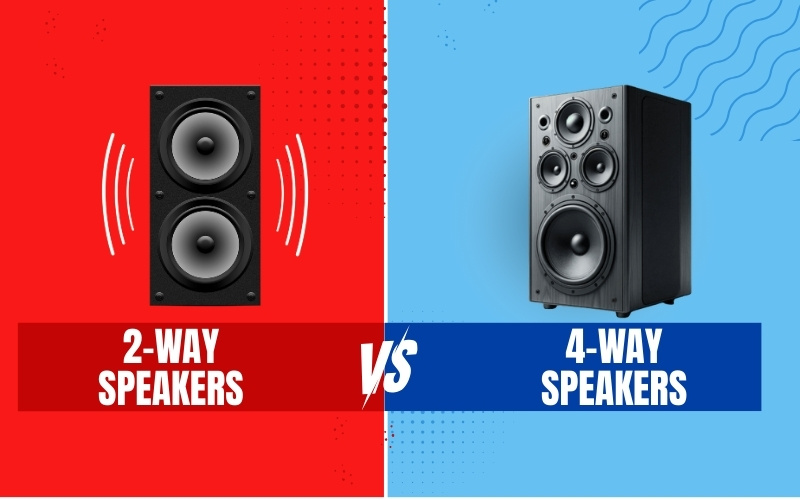The internet has completely transformed the way we live, work, and communicate. What once began as a simple communication network has now evolved into a vast digital universe that connects people, businesses, and information across the globe. Whether it’s staying in touch with loved ones, studying, shopping, or managing finances, the internet has become a vital part of modern life.
However, like any powerful tool, the internet comes with both positive and negative sides. While it brings immense convenience, knowledge, and opportunities, it also poses challenges such as privacy issues, addiction, and misinformation. This complete guide explores the advantages and disadvantages of the internet, along with its features, uses, and impact on everyday life.
What is the Internet?
The internet is a massive network of interconnected computers that allows people to share information and communicate with each other globally. It functions as a bridge connecting millions of devices, including smartphones, tablets, and computers, enabling users to access websites, send emails, and exchange data almost instantly.
The term “Internet” is short for “Interconnected Network.” It was first developed in the late 20th century and has since become the foundation of modern communication and information exchange. From browsing websites and streaming movies to conducting business meetings online, the internet has revolutionized the way the world operates.
Today, nearly every sector—including education, healthcare, finance, and entertainment—relies heavily on internet technology. It not only simplifies tasks but also opens doors to innovation and creativity.
Features of the Internet
The internet is a dynamic and versatile tool. Below are some of its most significant features:
-
Global Connectivity: The internet connects people worldwide, breaking geographical barriers and enabling instant communication.
-
Information Sharing: It allows users to access, upload, and distribute knowledge in seconds.
-
Communication Tools: Services such as email, instant messaging, and video conferencing make communication faster and more efficient.
-
E-Commerce Support: Businesses can sell products and services online, reaching a global audience.
-
Entertainment and Media: The internet provides endless entertainment through streaming platforms, gaming, music, and social media.
-
Educational Resources: It supports online learning through digital libraries, e-books, and virtual classrooms.
-
Cloud Storage and Computing: Users can store and access data online without depending on physical storage devices.
-
Search Engines: Tools like Google, Bing, and Yahoo help people find information quickly and easily.
These features make the internet a versatile tool for both personal and professional use, offering convenience and innovation in nearly every aspect of life.
Advantages of the Internet
The internet’s advantages are countless. It has made life simpler, faster, and more connected than ever before. Here are some of the major benefits:
Unlimited Access to Information:
The internet is the largest source of information in the world. From academic research to daily news, users can find details on any topic within seconds. This has greatly improved learning and awareness globally.
Improved Communication:
Staying connected with people is easier than ever. Platforms like WhatsApp, Zoom, and social media allow instant communication regardless of distance.
Online Education and Learning:
The internet has revolutionized education. Students can attend online classes, access e-books, and watch tutorials, making learning flexible and accessible.
E-Commerce and Online Business:
The rise of online shopping platforms has changed the way we buy and sell. Businesses can now reach international markets, while customers enjoy the convenience of doorstep delivery.
Entertainment Hub:
Movies, music, games, and videos are all available online, offering endless entertainment options anytime, anywhere.
Remote Work and Collaboration:
The internet supports online meetings, remote work, and digital collaboration tools, enabling global teamwork without physical boundaries.
Online Banking and Payments:
Banking has become faster and safer through online transactions, bill payments, and digital wallets, reducing the need to visit physical branches.
Social Awareness and Connectivity:
The internet helps raise awareness about social and environmental issues, allowing people to participate in global causes and discussions.
Disadvantages of the Internet
While the internet has many advantages, it also brings several downsides that users must be aware of:
Privacy and Security Risks:
Personal information shared online can be stolen or misused by hackers, leading to identity theft and financial loss.
Internet Addiction:
Excessive internet use, especially on social media and games, can lead to addiction, affecting productivity and mental health.
Cybercrime and Fraud:
Online scams, phishing attacks, and fraudulent websites pose serious threats to users’ safety.
Misinformation and Fake News:
Not all online information is accurate. Fake news spreads easily, misleading people and creating confusion.
Social Isolation:
Spending too much time online can reduce real-life social interactions and weaken relationships.
Health Issues:
Prolonged screen time may cause eye strain, headaches, and poor posture. It can also affect sleep quality and overall well-being.
Overdependence on Technology:
Heavy reliance on the internet can reduce creativity and problem-solving skills, making users less self-reliant.
Advantages and Disadvantages of the Internet
| Advantages | Disadvantages |
|---|---|
| Easy access to information | Risk of data theft and privacy invasion |
| Better communication and connectivity | Internet addiction and distractions |
| Online education opportunities | Spread of false information |
| Convenient online shopping and banking | Cyberbullying and fraud |
| Entertainment on demand | Reduced face-to-face interaction |
| Enables remote work and freelancing | Health issues from excessive use |
| Supports global business growth | Overdependence on technology |
Conclusion
The internet is undoubtedly one of humanity’s greatest inventions. It connects people, provides access to knowledge, and creates endless opportunities for innovation and growth. Whether you’re a student, professional, or entrepreneur, the internet makes life more efficient and accessible.
However, it’s crucial to use the internet wisely. Misuse or overuse can lead to serious issues such as privacy loss, health problems, and social isolation. By balancing online activities and practicing digital safety, users can enjoy the benefits of the internet while avoiding its drawbacks.
In short, the internet is a double-edged sword—it can be both a powerful tool for progress and a potential source of harm. The key lies in responsible and mindful use.
FAQs
Q. What are the main uses of the Internet?
Ans: The internet is mainly used for communication, education, entertainment, online shopping, banking, and accessing information.
Q. Is the Internet good for students?
Ans: Yes. It provides access to study materials, e-learning platforms, and online tutorials. However, it should be used in moderation to avoid distractions.
Q. What are the risks of using the Internet?
Ans: Common risks include data theft, cyberbullying, scams, and exposure to harmful or false information.
Q. How can I stay safe online?
Ans: Always use strong passwords, enable two-factor authentication, avoid suspicious links, and keep your software updated.
Q. Can we live without the Internet today?
Ans: While possible, it’s difficult. The internet has become essential for communication, work, and learning, making it an integral part of modern life.




